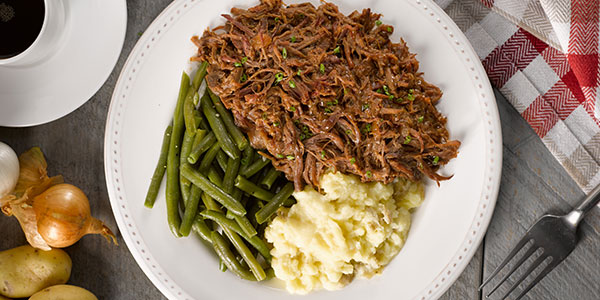
One of the easiest assumptions to make is that if a little protein is good, a lot must surely be better. Some people expect protein to create toned muscles, stamina, and athletic prowess. But that's not true at all- eating a hearty serving of red meat every night will not necessarily make you strong.
These are the most important facts about protein:
● Your body is in continuous need of protein, but your body can't store it. In fact, the protein you eat at breakfast is pretty much used up by dinnertime. This makes protein a nutrient that is very different from carbohydrates and fat. (Carbohydrates, in the form of glucose, are stored in our liver and muscles, and of course we store fat in our fat tissue.)
● Your body can only use a specific amount of protein at any time.
● For each meal, you have to hit a certain level of protein to ensure that your body gets the right signals so that it can absorb the amino acids (the building blocks of protein) it needs. The magic number to allow for this absorption is 25-35 grams of dietary protein. This amount also prevents your muscles from being broken down to meet your needs for protein and amino acids when you're trying to lose weight.
● For adults, only 4 to 6 ounces of protein are needed at each meal. This is the equivalent of a small chicken breast - not an enormous burger or steak!
● If you eat more than 4 to 6 ounces of protein at a time, your body can't use the extra for building and repair. Instead, your body converts it to glucose for energy - or stores it as fat!
● Ensuring that your body gets the right amount of protein at the right time will allow your body to get the most out of the nutrient which will ultimately result in improved health and weight loss.







